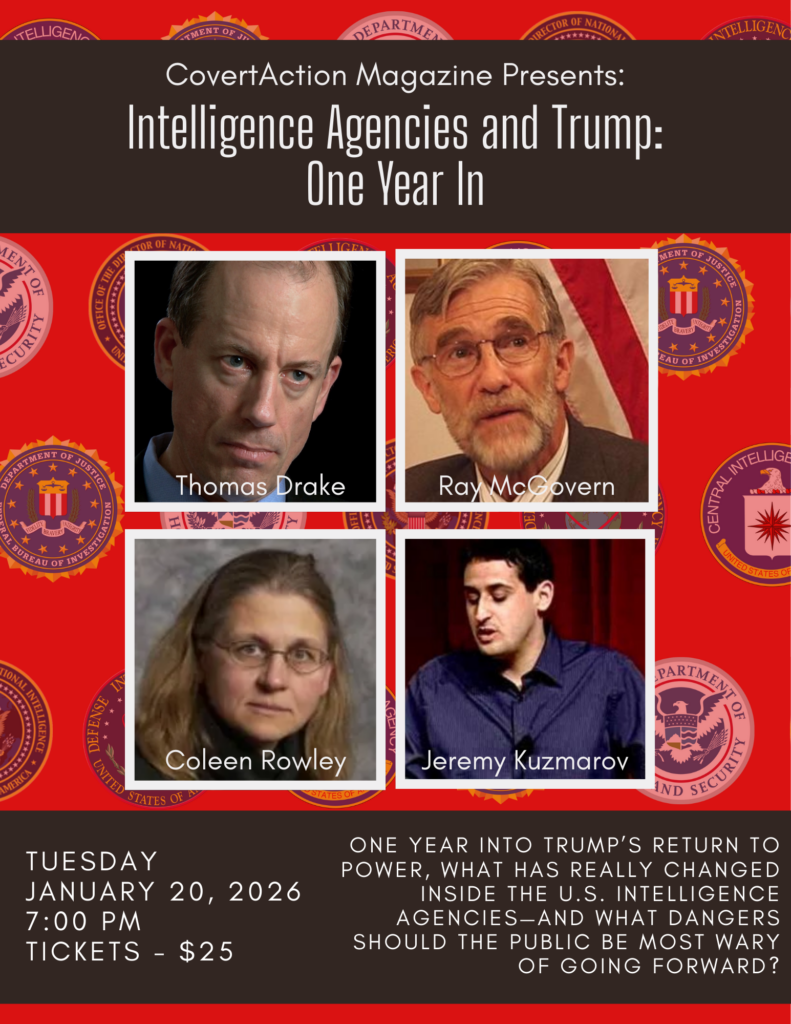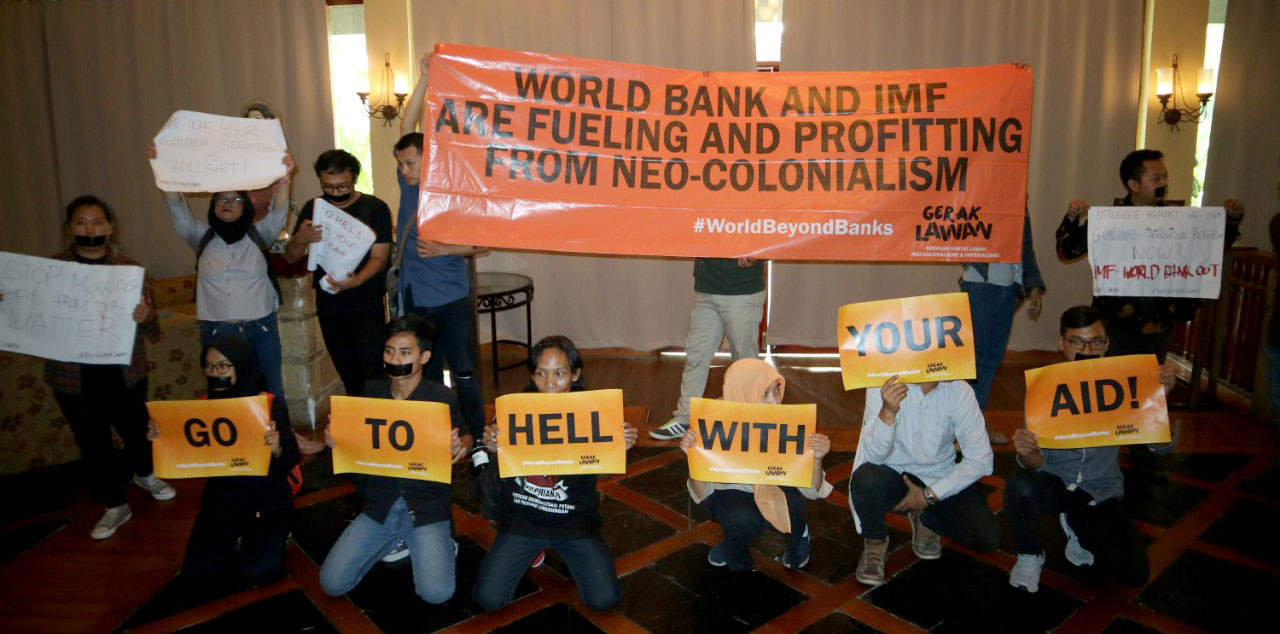
[These remarks were delivered at the September 16, 2025, CovertAction Magazine webinar on Neo-Colonialism in Africa.—Editors]
I’m honored to be invited to join P.D. Lawton, Jeremy Kuzmarov, Milton Allimadi, Jean-Marie Higiro, and Lawrence Freeman here. I know a bit about most everyone’s particular areas of expertise, but particularly those of Milton and Lawrence, so I’m sure we’ll be hitting a few of the same points.
First, let me say that, as an American, my reporting on Africa has always been meant to expose and explain the U.S. foreign policy that has caused inestimable suffering and death on the continent.
I’m sure that CovertAction Magazine readers and listeners are all familiar with the imperial toolkit for creating dependence and enabling exploitation all over the continent.
The financial neo-colonialism imposed by the International Monetary Fund and the World Bank keeps African nations trapped in perpetual debt peonage that resembles the mortgage crisis of 2008-2009 here in the U.S. Banks lend money to African nations as they did to homeowners here until they’re so deep in debt that they have to keep borrowing money just to pay the interest.
Then, once African nations are in the most desperate straits, the IMF and/or World Bank will come in and insist that further lending be conditioned on austerity—cutting social services—and on opening their markets and institutions to foreign investment without protection for nascent local industries.
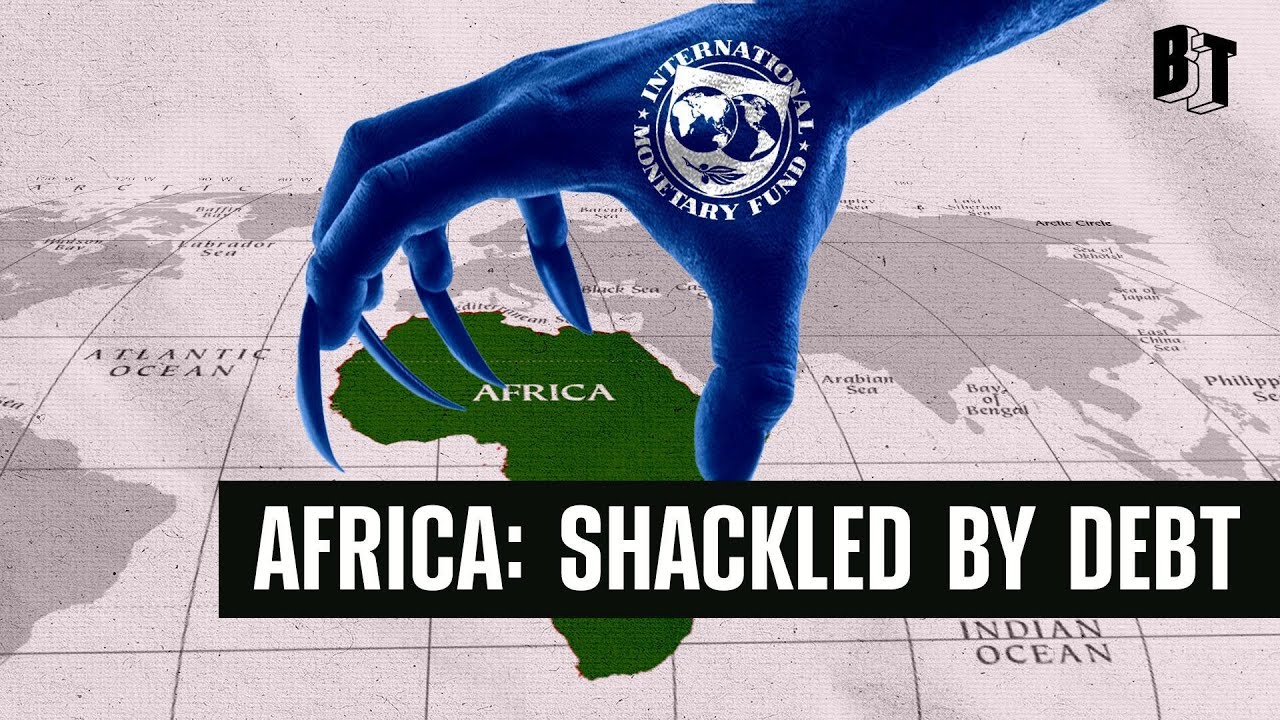
When nations can’t protect and/or subsidize local industries, they’re trapped in neo-colonial extractive structures, exporting raw materials to the industrialized world at low prices and importing finished goods at high prices. Without industrialization, they can’t develop a complex division of labor, and the majority have to rely on subsistence farming.
There’s also the military neo-colonialism represented by AFRICOM, the U.S. Africa Command, and various other U.S./EU/NATO security operations promoted in the name of fighting the War on Terror. In most cases, the salaries paid to African soldiers are significantly higher than what they would otherwise earn, creating a military class that is invested in ongoing military collaboration.
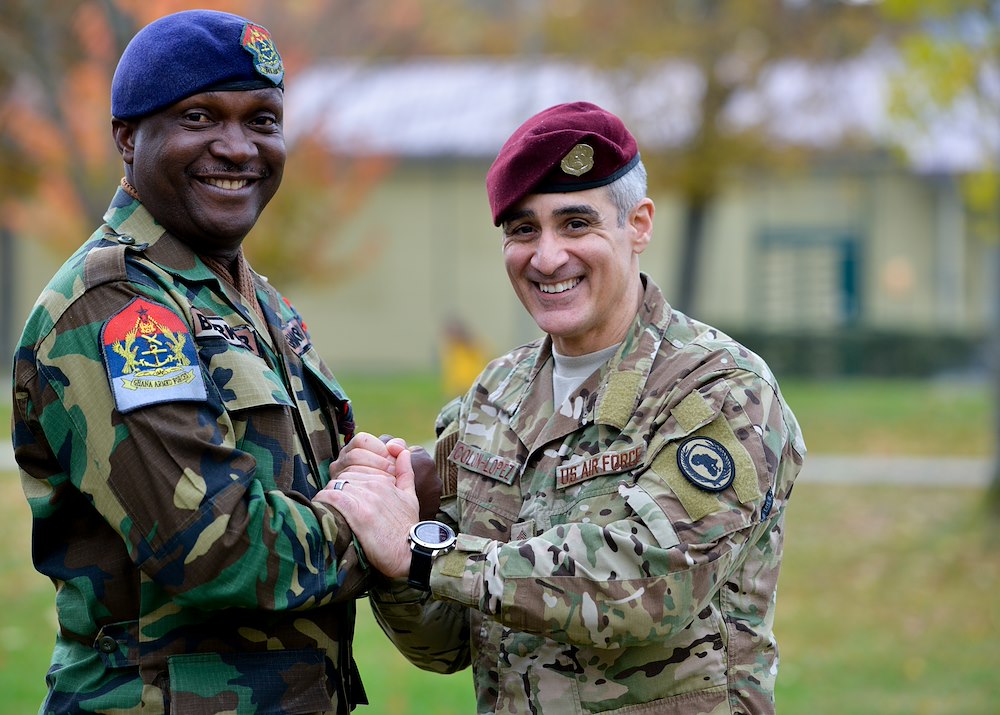
AMISOM (African Union Mission in Somalia), the precursor to ATMIS (African Union Transition Mission in Somalia), is particularly known for having created a middle class in both Uganda and Burundi that would not want to see Somalia become stable and militarily sovereign.
Then, of course, there’s media and information neo-colonialism in that the U.S. trains and employs journalists all over Africa who will not criticize empire.
The NGO-industrial complex creates another form of dependence for salaries, goods and services. An example I’m familiar with is Somalia, where USAID often distributes food aid just as farmers are bringing their products to market, meaning they can’t sell them.
Thomas Sankara famously said, “Where is imperialism? Look at your plates when you eat. The imported rice, maize, and millet; that is imperialism.”
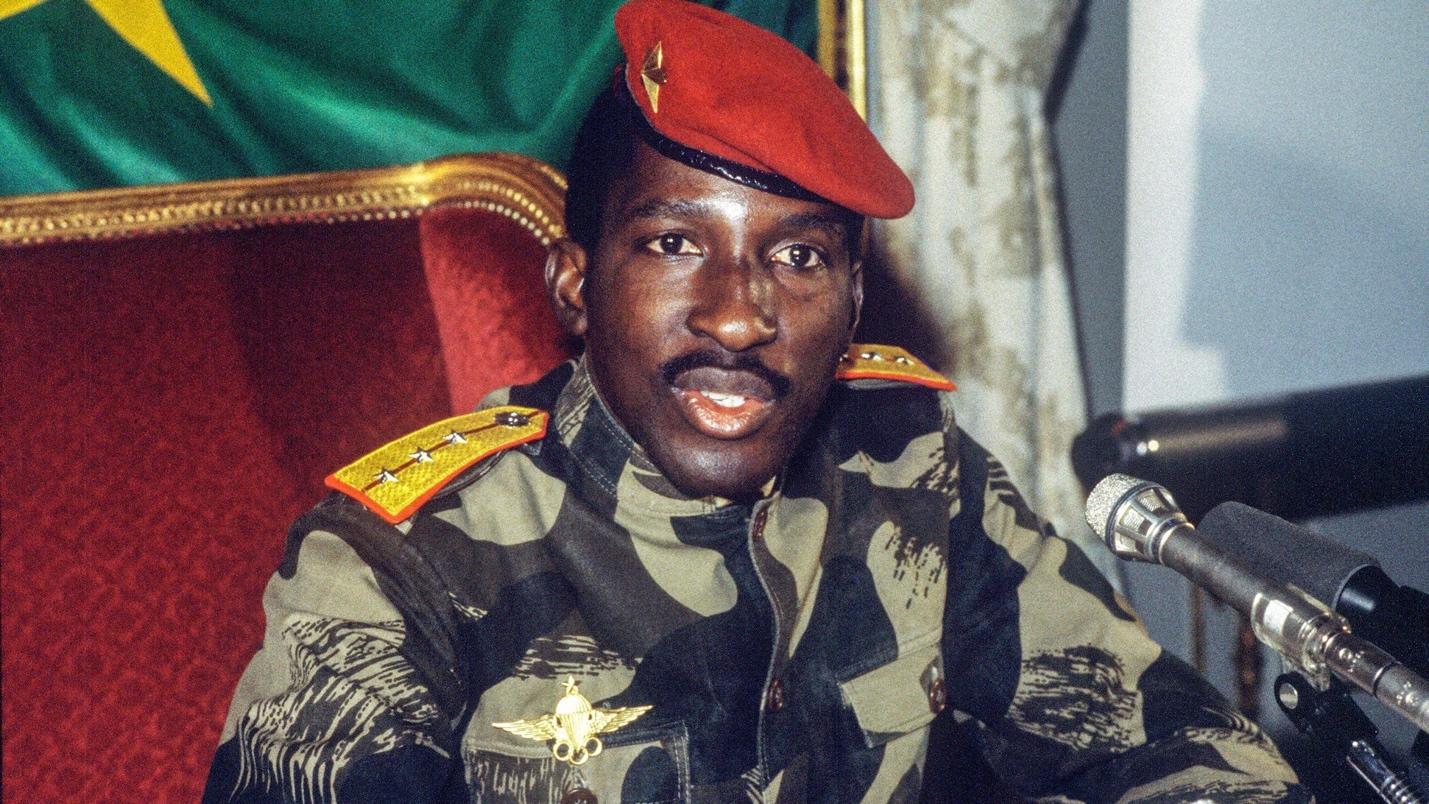
Judicial neo-colonialism
I’d particularly like to talk about the judicial neo-colonialism by which international law, international courts, the “rules-based order,” and even the UN Genocide Convention are used to dominate Africa, and here I’d like to go back to the time, in 2010, when I first met my co-panelist here, CUNY Professor and Black Star News Editor Milton Allimadi.
We met, along with another group of anti-imperialist journalists, lawyers and scholars, during the so-called 2010 Rwandan presidential election, when opposition leader Victoire Ingabire Umuhoza was arrested and imprisoned for alleged genocide denial and for trying to run against military dictator Paul Kagame.
I say “so-called election” because it was just a staged ritual like those in other U.S. protectorates, including Rwanda’s neighbors to the north and west, Uganda and the Democratic Republic of the Congo.
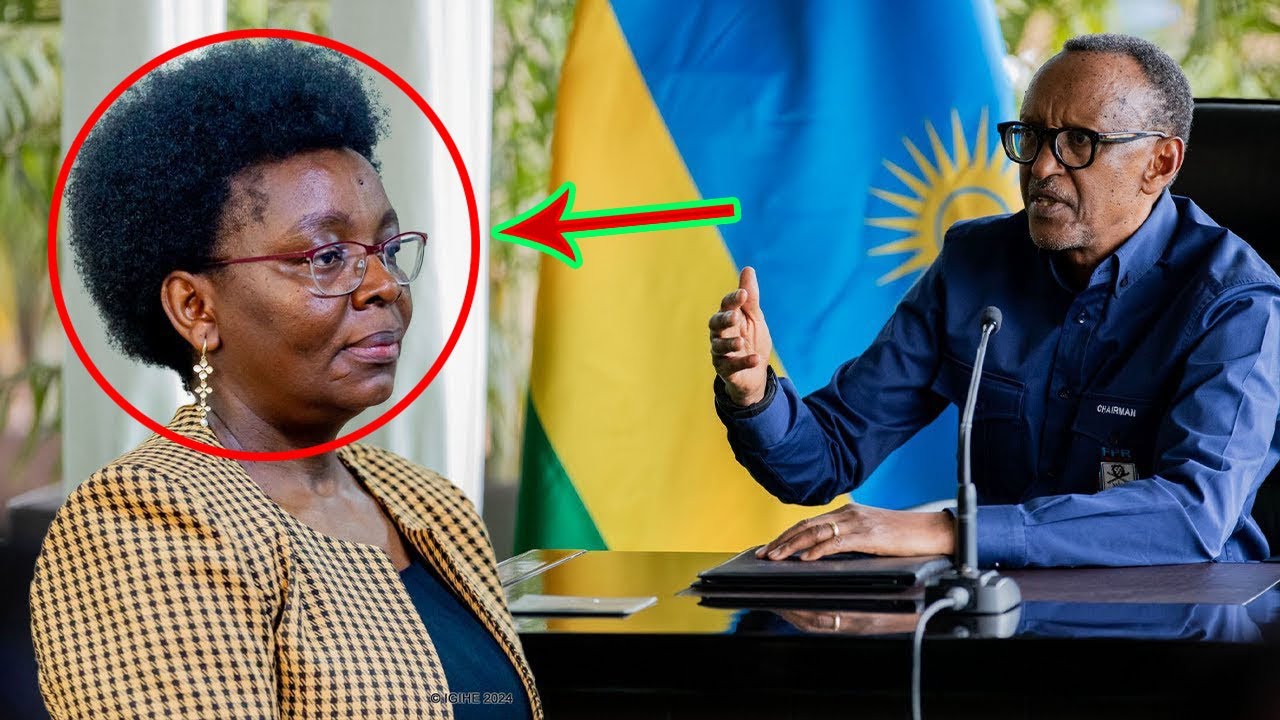
Prior to that, I had taken interest in the Democratic Republic of the Congo, also known as the DRC, whose vast resource wealth has led to so much bloodshed and plunder since the 1885 Berlin Conference made it Belgian King Leopold II’s personal property.
I’m sure everyone here knows that Congolese were virtually enslaved to produce rubber for bicycles and cars and that their mineral wealth has been used to build weapons, power plants, and now cell phones, renewable energy tech, and every sort of gadgetry.
DRC also has vast swaths of arable land and huge oil and natural gas reserves in the lakes on its borders with Rwanda and Uganda. In 1982, a Congressional Budget Office document titled “Cobalt: Policy Options for a Strategic Mineral” declared that Congo’s cobalt reserves were essential to U.S. national security.
Cobalt had become essential to manufacturing jet engines, including of course military jet engines, and two-thirds of the world’s cobalt is in the Katanga Copper Belt, which stretches from Congo’s southeast corner into northeastern Zambia.
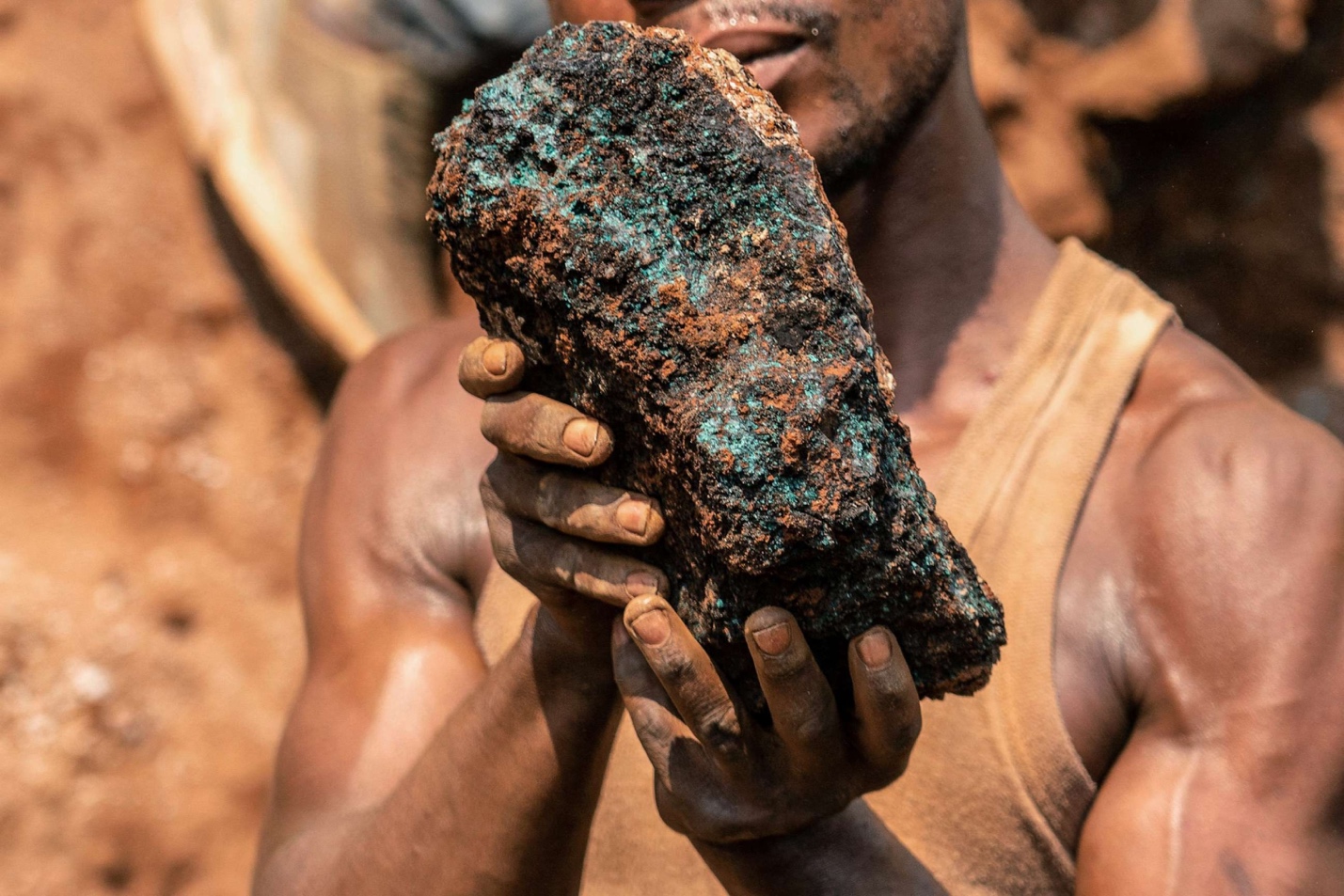
Now, lo and behold, DRC has vast lithium reserves needed to make lithium-ion batteries. Everyone wants a piece of Congo, which inevitably has the resources required to manufacture whatever’s next.
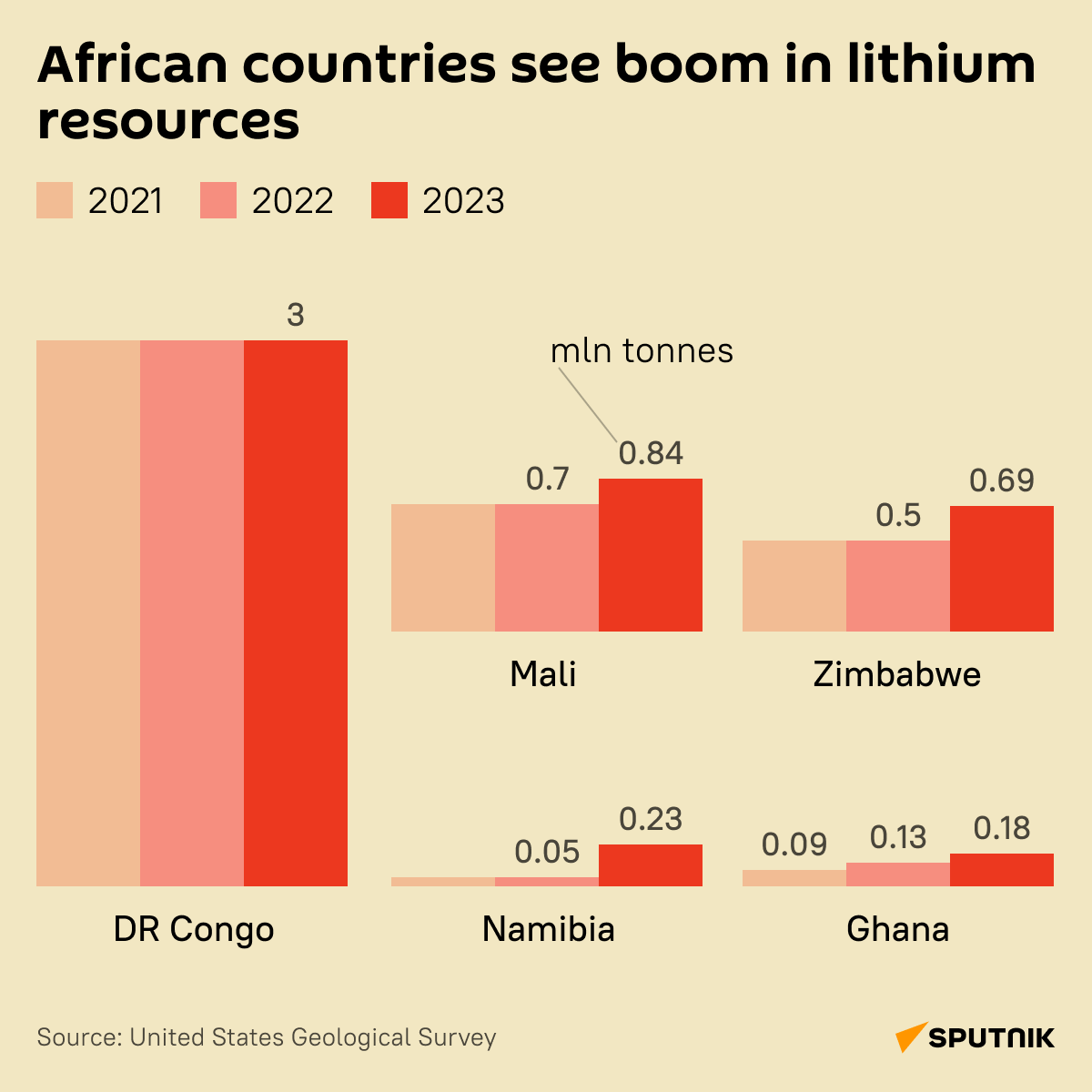
This vast resource wealth and all the suffering it’s caused drew my attention to DRC and, for that matter, to Africa, then led to the moment, in 2010, when I met Milton.
I had begun to follow the presidential election in DRC’s eastern neighbor Rwanda, although before that I’d understood very little about Rwanda or Uganda, only that they were both U.S.-backed aggressors in DRC, who had invaded and plundered the country’s resources for decades.
At that time a fellow member of our tiny but obstinate U.S. Green Party asked me to see if I could figure out why a member of the Rwandan Green Party wasn’t being allowed to register his party and run for president. I made contact with that Rwandan Green, Frank Habineza, and eventually with the two other viable candidates, Bernard Ntaganda and Victoire Ingabire, all online.
I soon realized that Victoire Ingabire was mounting the most profound challenge to the Rwandan dictator Paul Kagame’s regime because she was challenging the simplistic and deceptive, legally codified and enforced history of the Rwandan war and genocide that he has used to justify his rule in Rwanda and his invasion, occupation and plunder of DRC for the past 30 years.
That, and her credible electoral challenge, were so threatening that he had her arrested and imprisoned for eight years.
The late American lawyer [and law professor] Peter Erlinder, who had worked as a defense attorney at the International Criminal Tribunal on Rwanda, traveled to Rwanda to defend Victoire Ingabire, and Kagame promptly had him arrested for genocide denial as well [he was detained for three weeks]. In Peter’s defense of his client at the ICTR, he had argued, with some success, that there had been no conspiracy to commit genocide in Rwanda.
The U.S. has backed President Kagame throughout the Rwandan war and genocide, and ever since he finally seized power in Kigali. Note that I said “war and genocide,” not simply “genocide,” because I find that many people don’t realize that the horrifying “100 days of genocide” were actually the conclusion of a four-year war that began when Rwandan President, then General, Paul Kagame invaded Rwanda from Uganda on October 1, 1990.

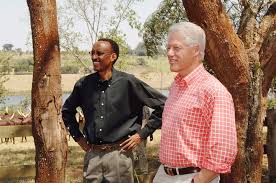
That was two months after Iraq invaded Kuwait, during the military build-up prior to the U.S./EU/NATO’s Operation Desert Storm, also known as the Gulf War, which drove the Iraqi army out of Kuwait.
The world was at the time so distracted by the hugely destructive aerial bombing campaign in the Gulf that one East African country’s invasion of another was barely news.
I can’t even remember it registering with me at the time, though of course the “100 days of genocide” grabbed my attention, as it did the whole world’s, four years later.
To many it seemed like this was a sudden explosion of tribal violence, the most central and deeply racist narrative used to explain war and conflict in Africa.
At the end of the war and genocide, the UN, backed by the U.S., created the International Criminal Tribunal on Rwanda to construct and reinforce that narrative about the genocide, namely, that demon Hutus plotted and viciously carried out the extermination of hundreds of thousands of innocent Tutsis in 100 days’ time.
Again, the four-year war preceding the genocide, was unimportant in this narrative.
Only Hutus were indicted and tried, although the far more complex history has been researched and written by authors including Robin Philpot, Judi Rever, Justin Podur, and David Peterson and the late Edward S. Herman, co-authors of The Poltiics of Genocide and Enduring Lies: The Rwandan Genocide in the Propaganda System, 20 Years Later.
It’s a history that includes genocide against the Hutu, committed by Kagame’s advancing army and Kagame’s order to assassinate former Rwandan President Juvenal Habyarimana, panicking the population and triggering the genocide.
The simple story of the 100 days of primordial African tribal rage and the world’s failure to step in and stop it became the central narrative dominating the African Great Lakes Region, most specifically Rwanda, Uganda and the Democratic Republic of the Congo to this day. Even the recent DRC “peace agreement,” which was really about securing minerals for U.S. corporations, referred to Rwanda’s “defensive measures” against genocidal forces still present in DRC.
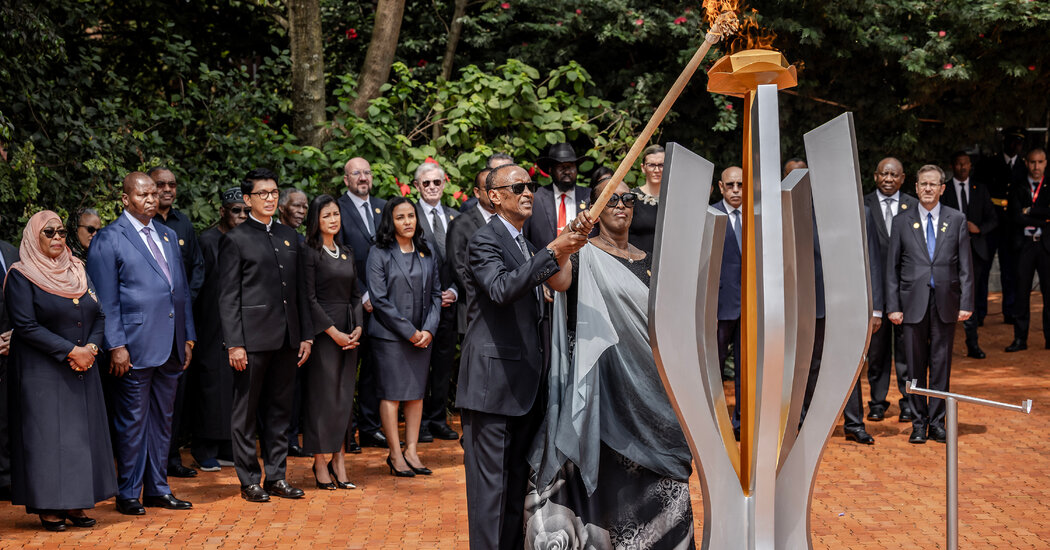
It also became the narrative used to justify repeated U.S./EU/NATO “humanitarian interventions,” as in Libya and Syria. We were told that the West was morally compelled to bomb, decimate, and cause chaos in those nations to stop genocide.
The International Criminal Court indicted Muammar Gaddafi for genocide amidst [an] outcry about “stopping the next Rwanda.”
Perhaps the most disturbing aspect of all of this, however, has been its persuasiveness in Africa itself in a kind of judicial neo-colonialism.
The simplistic, Manichean Rwandan Genocide narrative, the tribal rage of demon Hutus slaughtering innocent Tutsis, is widely received, as is the idea that humanitarian intervention and International Criminal Court indictments are a solution to African problems.
Many, however, if not most, now refer to the ICC as the International Criminal Court for Prosecuting Africans.

CovertAction Magazine is made possible by subscriptions, orders and donations from readers like you.
Blow the Whistle on U.S. Imperialism
Click the whistle and donate
When you donate to CovertAction Magazine, you are supporting investigative journalism. Your contributions go directly to supporting the development, production, editing, and dissemination of the Magazine.
CovertAction Magazine does not receive corporate or government sponsorship. Yet, we hold a steadfast commitment to providing compensation for writers, editorial and technical support. Your support helps facilitate this compensation as well as increase the caliber of this work.
Please make a donation by clicking on the donate logo above and enter the amount and your credit or debit card information.
CovertAction Institute, Inc. (CAI) is a 501(c)(3) non-profit organization and your gift is tax-deductible for federal income purposes. CAI’s tax-exempt ID number is 87-2461683.
We sincerely thank you for your support.
Disclaimer: The contents of this article are the sole responsibility of the author(s). CovertAction Institute, Inc. (CAI), including its Board of Directors (BD), Editorial Board (EB), Advisory Board (AB), staff, volunteers and its projects (including CovertAction Magazine) are not responsible for any inaccurate or incorrect statement in this article. This article also does not necessarily represent the views the BD, the EB, the AB, staff, volunteers, or any members of its projects.
Differing viewpoints: CAM publishes articles with differing viewpoints in an effort to nurture vibrant debate and thoughtful critical analysis. Feel free to comment on the articles in the comment section and/or send your letters to the Editors, which we will publish in the Letters column.
Copyrighted Material: This web site may contain copyrighted material the use of which has not always been specifically authorized by the copyright owner. As a not-for-profit charitable organization incorporated in the State of New York, we are making such material available in an effort to advance the understanding of humanity’s problems and hopefully to help find solutions for those problems. We believe this constitutes a ‘fair use’ of any such copyrighted material as provided for in section 107 of the US Copyright Law. You can read more about ‘fair use’ and US Copyright Law at the Legal Information Institute of Cornell Law School.
Republishing: CovertAction Magazine (CAM) grants permission to cross-post CAM articles on not-for-profit community internet sites as long as the source is acknowledged together with a hyperlink to the original CovertAction Magazine article. Also, kindly let us know at info@CovertActionMagazine.com. For publication of CAM articles in print or other forms including commercial internet sites, contact: info@CovertActionMagazine.com.
By using this site, you agree to these terms above.
About the Author

Ann Garrison is a Black Agenda Report Contributing Editor based in the San Francisco Bay Area.
In 2014, she received the Victoire Ingabire Umuhoza Democracy and Peace Prize for promoting peace through her reporting on conflict in the African Great Lakes Region.
She can be reached on Twitter @AnnGarrison and at ann(at)anngarrison(dot)com.


